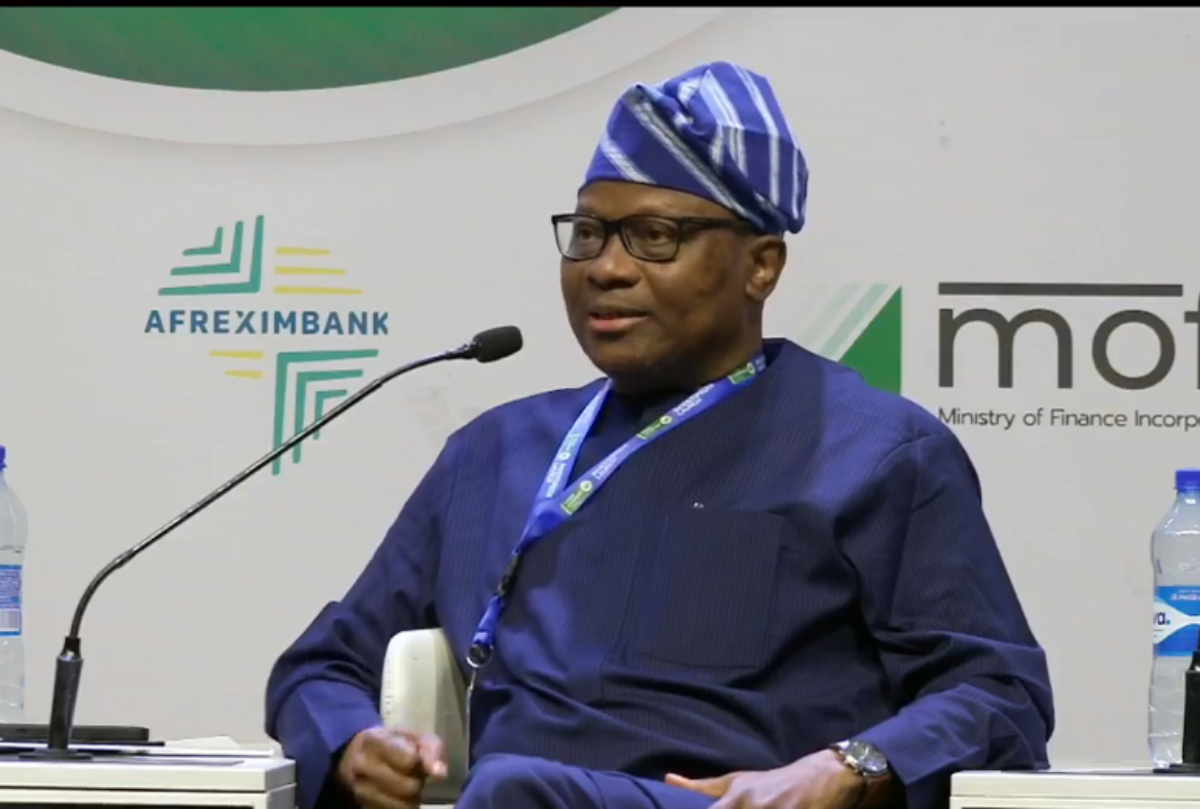Nigeria Harnesses Blended Finance and Digital Platforms to Drive Investment Growth
Initiatives such as the newly launched Investopedia portal were noted as important tools for providing reliable project information to investors, streamlining decision-making, and facilitating access to viable opportunities across multiple sectors.

A recent Nigerian governance forum brought together government officials, private sector leaders, and development partners to examine strategies for attracting investment into states despite ongoing political and economic risks.
Discussions emphasized that frequent changes in government often lead to the abandonment of projects initiated by previous administrations, creating uncertainty and discouraging investor confidence. Participants stressed that continuity and protection of investments require stronger governance frameworks, transparency, and institutional resilience that can outlast political cycles.
Imo State was highlighted as an example of efforts to safeguard investments. The state has increasingly turned to private sector–driven initiatives, where projects are implemented through partnerships between foreign and local investors. This approach helps insulate projects from political interference and ensures sustainability beyond the tenure of any single administration.
The forum identified several pathways to mitigate political risks. These include ensuring that Investment Promotion Agencies (IPAs) operate independently of politics, expanding the use of public-private partnerships (PPPs) to reduce direct state control, and building strong, transparent institutions that enhance investor trust.
A second session focused on financing Nigeria’s infrastructure, with panelists emphasizing the importance of roads, energy, and digital networks in driving economic growth. Blended finance was highlighted as a critical tool for bridging the country’s infrastructure gap by leveraging limited public resources to attract larger pools of private capital. This approach was seen as a practical solution to de-risk large-scale projects and make them more appealing to investors.
Panelists also underscored the need for a stable macroeconomic environment and coherent industrial policies to strengthen Nigeria’s investment climate. Initiatives such as the newly launched Investopedia portal were noted as important tools for providing reliable project information to investors, streamlining decision-making, and facilitating access to viable opportunities across multiple sectors.
The forum concluded with a consensus that Nigeria’s path to attracting and retaining investment lies in institutional transparency, innovative financing mechanisms, and effective partnerships that reduce political risk while unlocking the country’s economic potential.






